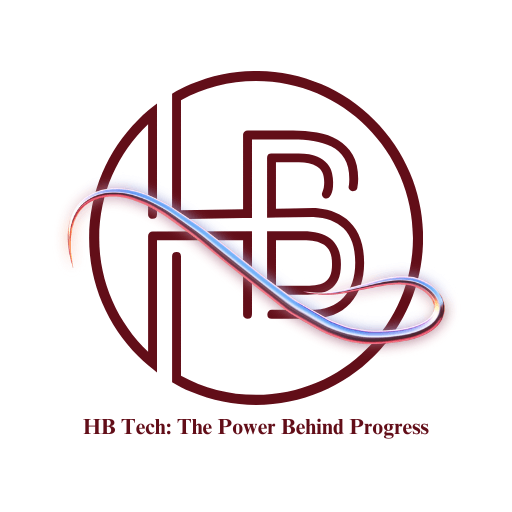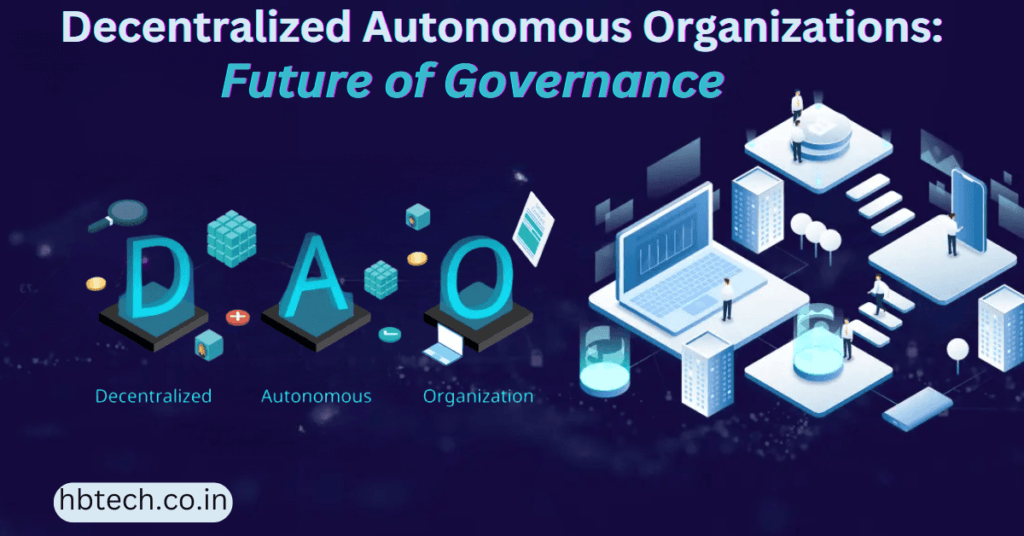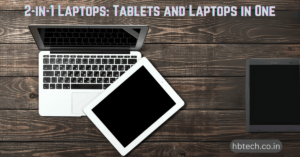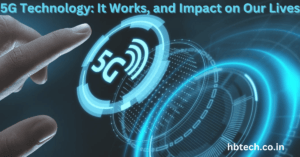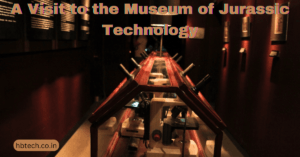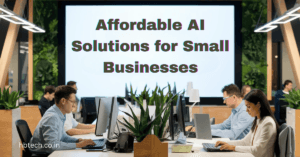Decentralized Autonomous Organizations , or DAOs, are a groundbreaking way to organize decision-making and resource management without traditional hierarchies or centralized authorities . Powered by blockchain technology, DAOs rely on smart contracts and community participation to ensure transparency and fairness . This article explains what DAOs are, their real-world applications and how they might change various industries and governance systems.
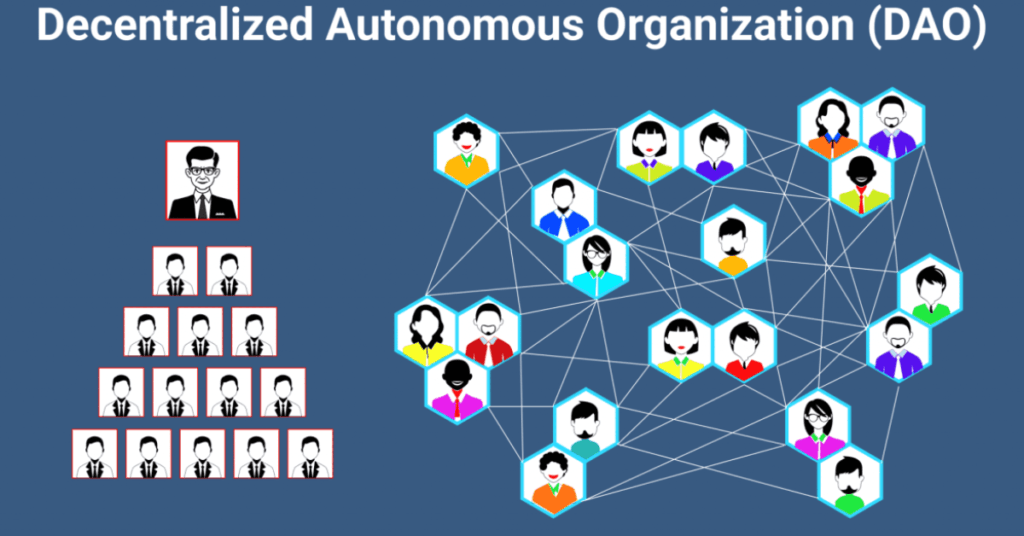
Decentralized Autonomous Organizations (DAOs)
A DAO is a group or organization run by rules written into code, known as smart contracts and these rules are stored on a blockchain. Unlike traditional organizations, DAOs do not have a central leader. Instead, decisions are made collectively by the community of members who hold governance tokens.
DAOs operate transparently, as all decisions and transactions are visible on the blockchain . This setup eliminates intermediaries, reduces corruption and builds trust among members.
For those wanting a deeper dive into DAOs , there are Decentralized Autonomous Organizations DAOs PDFs available online, which provide detailed explanations of how they work.
Real-Life Examples of DAOs
DAOs are being used across different industries, showing their flexibility. Here are some examples :
- MakerDAO: A decentralized finance (DeFi) platform that runs the DAI stablecoin . Members vote on decisions like what collateral to use and monetary policies.
- Uniswap: A decentralized exchange (DEX) that allows token holders to vote on updates to the platform, fee changes and reward structures.
- The DAO (2016): One of the first DAOs, created to fund projects through community voting . Although it faced a major hack, it highlighted the potential of decentralized governance.
- Gitcoin DAO: Supports open-source tech projects by funding them through community-driven grants, encouraging innovation.
These examples show how DAOs are changing industries from finance to software development.
Relationship Between DAOs and Crypto
DAOs and cryptocurrency go hand in hand. Governance tokens, which are used for voting in DAOs, are often cryptocurrencies . These tokens not only give voting rights but also represent ownership or stakes in the organization.
Blockchain platforms like Ethereum and Solana are the foundation for most DAOs , as they allow smart contracts to function. DAOs are also essential in the crypto world, driving community- backed projects, funding innovations and providing decentralized alternatives to traditional finance.
Why DAOs Matter for UPSC Aspirants
For students preparing for competitive exams like the Union Public Service Commission (UPSC) in India, DAOs are an important topic in the areas of technology, economy, and governance.
Key points for UPSC candidates to consider include :
- Technology: How blockchain and smart contracts work in DAOs.
- Economy: How DAOs can disrupt traditional business and banking systems.
- Ethics: Challenges like accountability, inclusion and regulatory gaps in decentralized governance.
Understanding DAOs helps aspirants analyze modern governance trends and the future of policymaking.
DAO’s Meaning in Government
In government contexts, DAO also stands for District Administrative Officer. These officers play key roles in managing government schemes and maintaining law and order. While this is unrelated to blockchain-based DAOs, the overlap in terminology highlights how different sectors are evolving.
DAOs in Agriculture
Even agriculture can benefit from DAOs, as they bring transparency and collaboration to the industry. Here are a few ways DAOs could help :
- Transparent Supply Chains: Blockchain technology in DAOs can trace produce from farms to consumers, reducing fraud and improving quality.
- Farmer Cooperatives: Farmers can use DAOs to pool resources, share profits and make joint decisions without middlemen.
- Sustainability: DAOs can reward farmers for adopting eco -friendly practices through token incentives.
For example, initiatives like AgriDAO aim to connect farmers and consumers directly, creating a fairer and more efficient agricultural system.
Challenges DAOs Face
While DAOs offer many benefits, they also face some challenges :
- Regulation: Many countries are still figuring out how to regulate DAOs.
- Security Risks: Weaknesses in smart contracts can make DAOs vulnerable to hacks , as seen with The DAO in 2016.
- Scalability: Managing large DAOs with thousands of members can be complex.
Despite these issue ‘s, DAOs represent a step toward decentralized governance and as blockchain technology improves, they are expected to become more reliable and widespread.
Decentralized Autonomous Organizations (DAOs) are changing how decisions are made and resources are managed. From cryptocurrency to agriculture, DAOs bring transparency and fairness to various industries. As blockchain technology grows, DAOs will play an even bigger role in shaping the future of governance and collaboration. Whether you’re a UPSC aspirant , a crypto enthusiast , or just curious about new technology, understanding DAOs is key to staying informed about the evolving digital world.
Frequently Asked Questions(FAQs)
What is a Decentralized Autonomous Organization (DAO)?
A DAO is an organization managed through rules encoded as smart contracts on a blockchain. Unlike traditional organizations, DAOs have no central authority, and decisions are made collectively by members who hold governance tokens. This structure ensures transparency and eliminates intermediaries.
Can you give examples of real-world DAOs?
MakerDAO: Manages the DAI stablecoin and allows token holders to vote on financial policies.
Uniswap: A decentralized exchange where governance token holders decide on updates and fee structures.
Gitcoin DAO: Funds open-source projects through community-driven grants.
The DAO (2016): One of the first DAOs, which was created to fund projects but faced challenges due to a hack.How are DAOs related to cryptocurrency?
DAOs use blockchain technology and cryptocurrencies for governance. Governance tokens, often issued as cryptocurrencies, allow members to vote on organizational decisions. Platforms like Ethereum and Solana provide the infrastructure for DAOs to operate securely and transparently.
What challenges do DAOs face?
Regulation: Governments are still developing policies to regulate DAOs.
Security Risks: Vulnerabilities in smart contracts can lead to hacks, as seen with The DAO in 2016.
Scalability: Managing large DAOs with thousands of members can become complex.Why are DAOs relevant for UPSC aspirants?
DAOs are important for topics in technology, economy, and governance. Aspirants can explore how blockchain technology powers DAOs, their economic implications, and the ethical challenges they present, such as inclusivity and accountability, making them a crucial subject for competitive exams.
